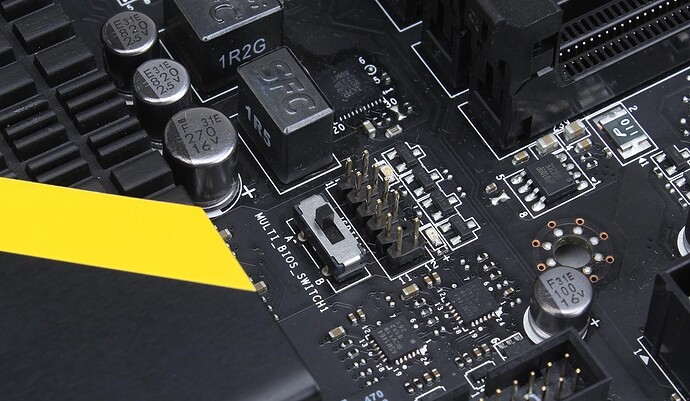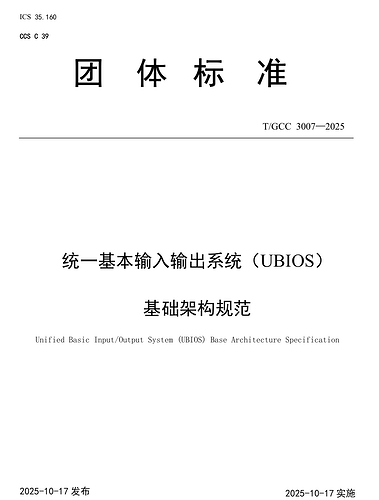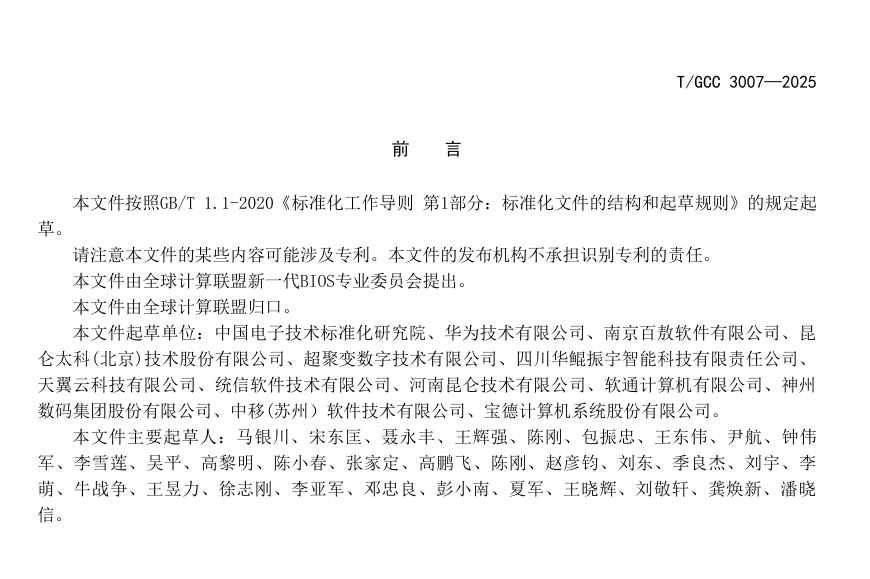China Launches First Independent Firmware Standard Called UBIOS To Replace UEFI
The UBIOS introduces a fully homegrown firmware architecture to support heterogeneous systems and will lay the foundation for a truly independent firmware ecosystem.
GCC Unveils “Unified Basic Input Output System” aka UBIOS, a Fully Homegrown, Standardized, and Scalable Firmware That Aims to End Dependency on Microsoft-Centric UEFI
China’s consistent efforts in bringing independence from foreign license are proving fruitful, particularly now that the country has its own firmware framework. The Global Computing Consortium (GCC) just released a new firmware standard called UBIOS or “Unified Basic Input Output System” to support distributed architecture and software-hardware co-design. The official group standard identification code is T/GCC 3007-2025.
Till now, just like the rest of the world, China has been dependent on the long-dominant UEFI (Unified Extensible Firmware Interface) standard, which evolved from legacy BIOS under the leadership of Intel and Microsoft. With the debut of UBIOS, a major milestone has been achieved, which is the first complete, standardized, and scalable domestic firmware ecosystem that reduces dependency on the UEFI.
As per GCC, the standard’s drafting committee included 13 leading Chinese technology enterprises and research bodies, such as China Electronics Standardization Institute, Huawei Technologies, Nanjing BAI AO, and others. It’s significant because in the last two decades, UEFI has been dominating the x86 platforms and has expanded to ARM servers, PCs, and RISC-V ecosystems, but due to some limitations like bloated code and inefficiency, it is not considered ideal for heterogeneous computing.
Since UEFI’s foundation is also deeply tied to Intel and Microsoft frameworks, the device discovery logic and OS loading interfaces of UEFI depend on the x86 processor architecture and ACPI (Advanced Configuration and Power Interface) system tables. Even though ARM, RISC-V, and China’s LoongArch architectures have been added to UEFI, the integration is partial and has been reportedly to be somewhat awkward. The UBIOS, on the other hand, is a newly built framework from scratch that specializes in several areas, such as native heterogeneous computing support, distributed architecture, unified hardware management, and full scalability for future chip designs.
All in all, UBIOS is emerging as a strategic step towards full autonomy in the computer infrastructure and ecosystems within China’s proprietary technological framework. With UBIOS, the country will have less reliance on foreign-controlled firmware standards, which was seen as a bottleneck in China’s computing authority.
Source: China Launches First Independent Firmware Standard Called UBIOS To Replace UEFI


